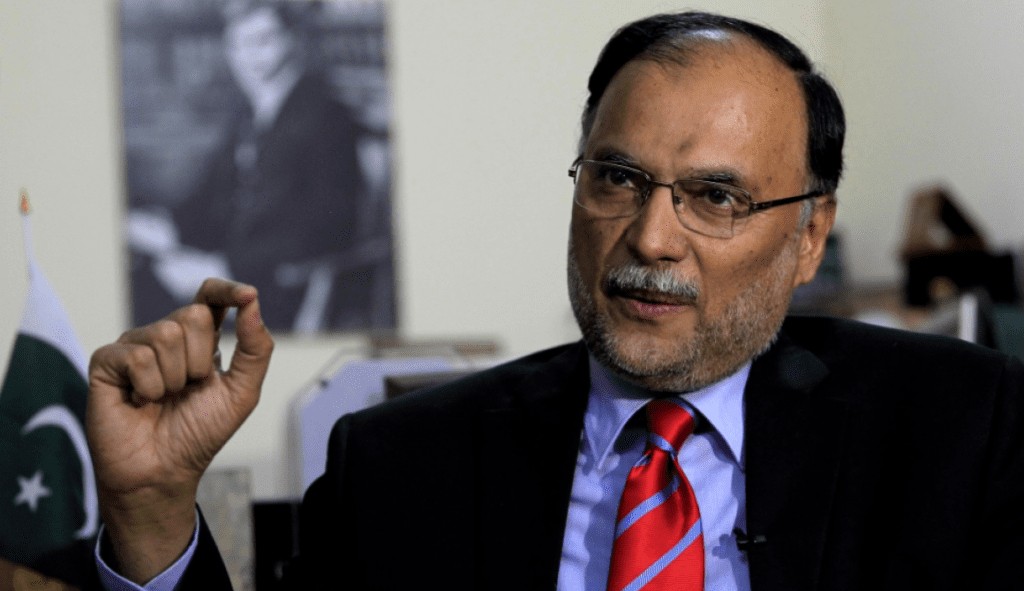The recent column of Amir Khakwani highlights the pivotal impacts of non-partisan elections in Pakistan. This column delves into the exploration of the aftermath as a result of the exclusion of major parties. Khakwani observe the emergence of a new cell of politicians and the impact on political culture. Such observations are ideal. These findings can serves as a ground for accomplishing a comprehensive review of the unfolding political climate in Pakistan.
In the shift of the situation, with the contemporary elections being non-partisan, the landscape of Pakistani politics ventured into new arenas transitioning from the traditional ones. A fresh cadre is to be seen, now when the MRD alliance has decided to boycott the traditional electoral process of major political parties reshaping the elections. This departure again might have its merits or demerits, both.
The political culture recently is evolving and harvesting a new and novel breed of politicians. Political party members can secure seats in the assembly while relying on factors like personal connections, communal ties, and wealth in their terrain.
This conduct of nonpartisan elections has an assortment of consequences. While it represents
an innovation in Pakistani politics. But it is also perceived as extravagance and political cruelty. If elections had been conducted based on parties, renowned individuals such as Chaudhary Nisar, Sheikh Rashid, Javed Hashmi, and Mian Nawaz Sharif might not have become widely recognized.
With the pressure and crackdown on Tehreek-e-Insaf resulting in the removal of notable figures, 2024 may be a turning point in history. Moreover, a break from tradition is seen in Tehreek-e-Insaf’s approach to fielding candidates from a variety of backgrounds. As we can see, well-known solicitors like Sardar Latif Khosa and Barrister Salman Akram Raja. The inclusion of numerous female candidates, especially from South Punjab’s rural areas. This indicates a move in the right direction towards more gender inclusivity in politics.
In conclusion, nonpartisan elections challenge long-standing political conventions. But it also usher in a new era of varied and fresh voices in Pakistani politics. Including lawyers, educated women, and candidates from non-traditional backgrounds. It is a step in the right direction towards a more dynamic and representative political environment. The long-term effects of this paradigm shift on Pakistani democracy is dependent on the results of the elections in 2024.
– Syeda Sophia Bukhari
This post has been submitted by one of our interns. PNP Internship Program is an exciting career opportunity for Pakistani university students to get hands-on valuable experience required in national and international job market.
In order to ensure transparency, accuracy and accountability to our readership, please report whenever any error found or need to clarify /correct the post.



